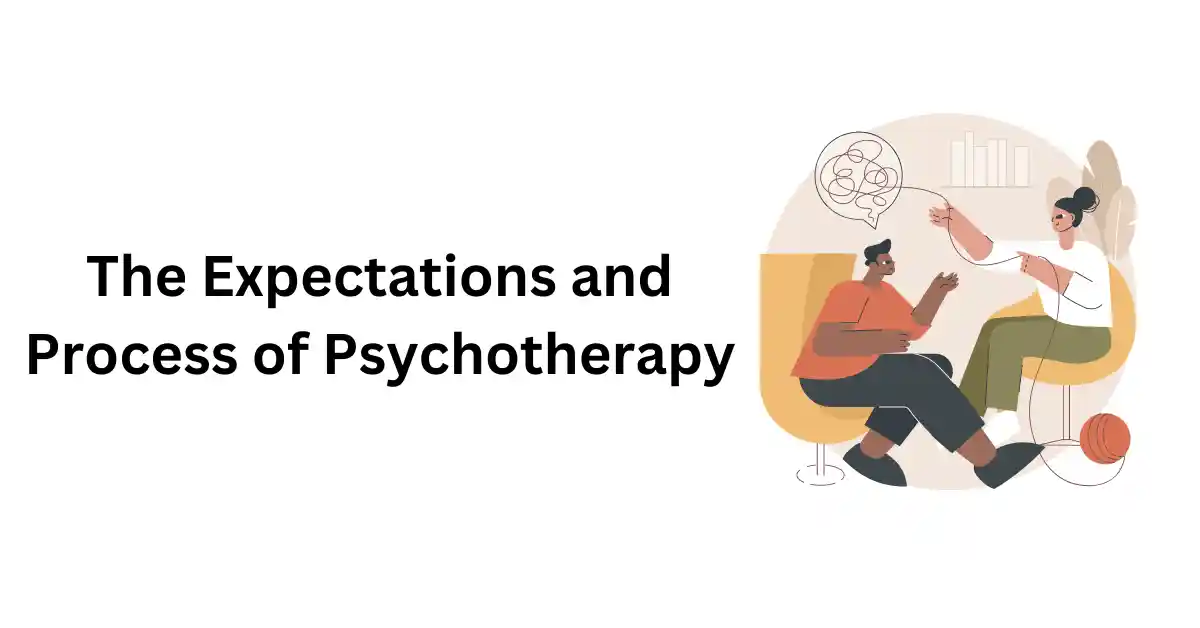Psychotherapy is when a trained mental health professional helps you deal with your problems. It can help reduce symptoms and improve your quality of life.
Psychotherapy can be short-term (a few sessions) or long-term (months or years). Results will vary and depend on your commitment and willingness to work hard in therapy.
During The First Session
The first therapy session is usually an essential step in getting to know the therapist and getting started with treatment. During the session, your therapist will ask questions to understand what you want from therapy and how they can help.
You’ll also talk about the issues that have brought you to therapy. Whether you’ve been feeling overwhelmed, stressed, depressed, or struggling with a particular relationship, your therapist from Elevated Counseling will be interested to hear what’s been weighing on your mind.
Your therapist may use a formal, structured interview or a more free-flowing conversation to get a feel for your background and goals in therapy. They’ll likely want to hear about your family history and other vital information to help them understand your thoughts and work.
The first therapy session can be a little daunting, so being scared or uncertain is normal. It’s also OK to feel unsure of whether you want to continue.
During The Second Session
In most sessions, the first half focuses on building the therapeutic relationship. It can include a brief conversation about your goals and motivations for seeking therapy.
The therapist will likely concentrate on a narrower range of issues pertinent to your life and change objectives in the second half of the session. It may take discussing your past and current relationships, addressing any traumas you are still suffering from or managing the emotions that have kept you stuck.
You might experience unexpectedly raw emotions during this session as you dig deep into your feelings. It is normal and can indicate that you are accessing important information.
During The Third Session
Psychotherapy is a treatment that can help people deal with issues related to their mental health conditions. It can also help them change a negative thinking pattern or develop healthier coping skills.
Some forms of therapy are short-term (a few sessions), while others may last months or years. The therapist works with the patient to plan how many sessions are needed and how often to meet.
Medication may occasionally be combined with psychotherapy when treating a mental health condition. It can be a good option when psychotherapy is insufficient to solve the problem or when the person does not want or can not use psychotherapy alone.
The therapist must take a detailed history of the patient’s situation and concerns. This information is necessary to make an initial assessment and to help the therapist decide how best to help the person.
During The Fourth Session
Psychotherapy is an effective treatment for many mental health conditions. It can improve emotions and behaviors, reduce anxiety, and strengthen coping skills. It also can improve social and community functioning.
The first session will begin with assessing your needs and goals for therapy. It usually includes an extensive background history and an evaluation of your problem.
During this stage, your therapist will look for patterns and cycles in your life. They are attempting to determine what is causing the negative behavior or thinking you are experiencing. It can be accomplished using discussions, exercises, or other methods.
It’s important to remember that changing your behavior will take time and commitment. Regular practice between sessions will help consolidate your changes and reinforce your progress.
